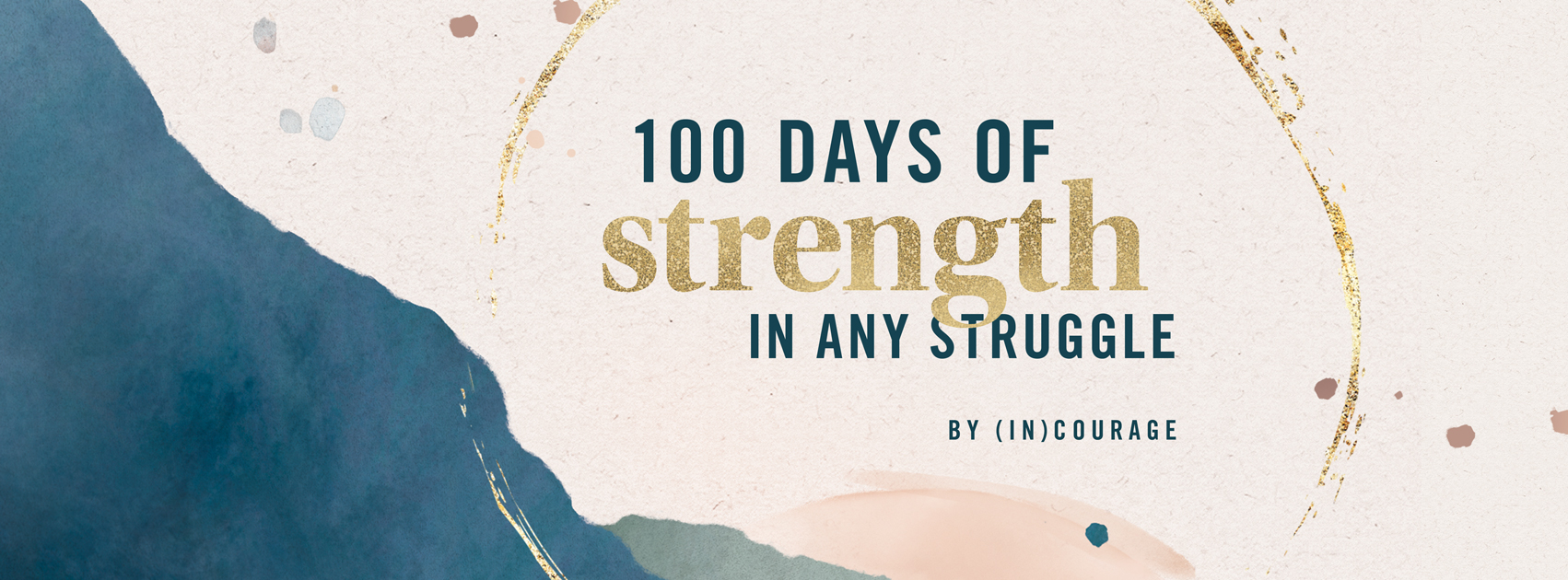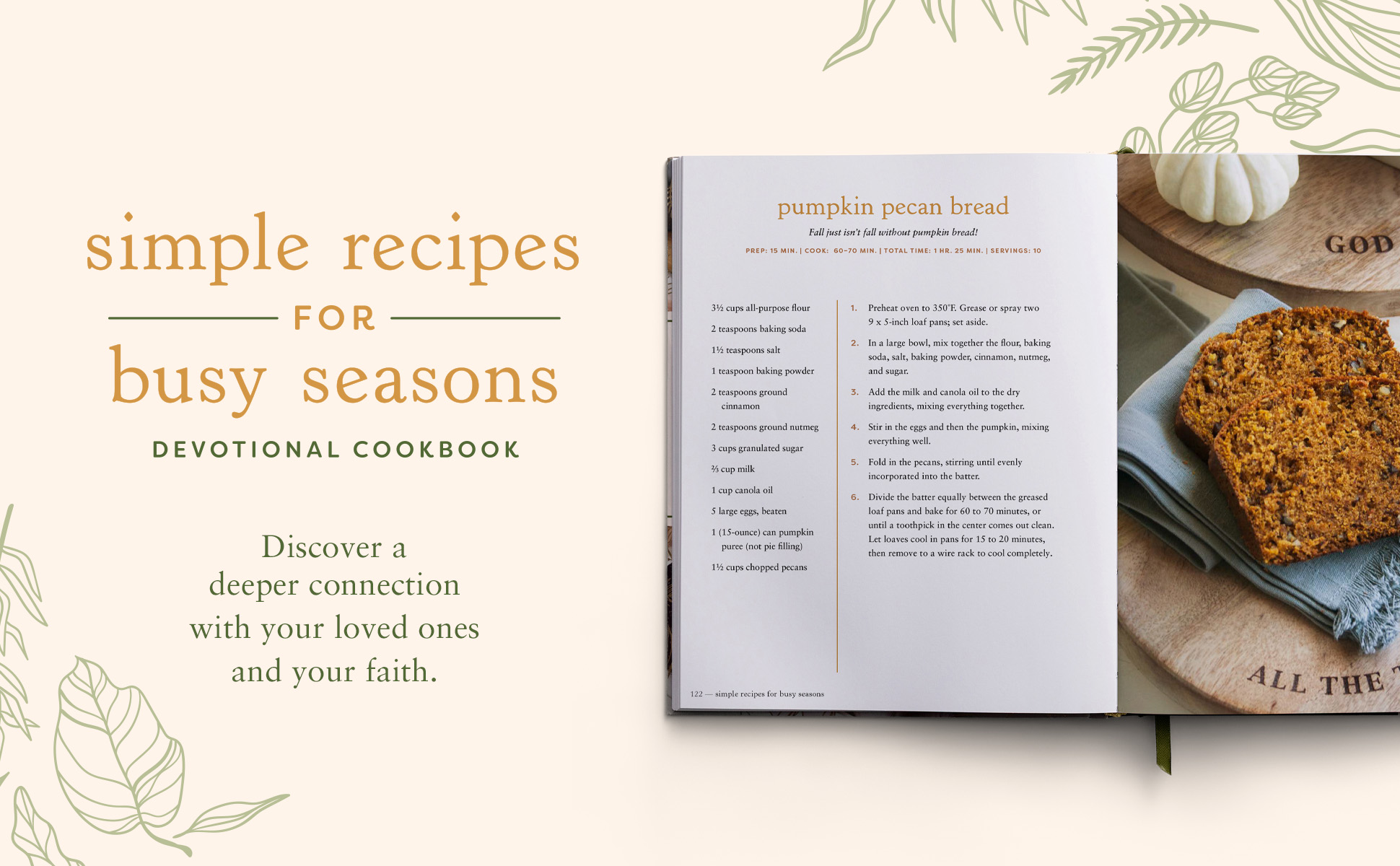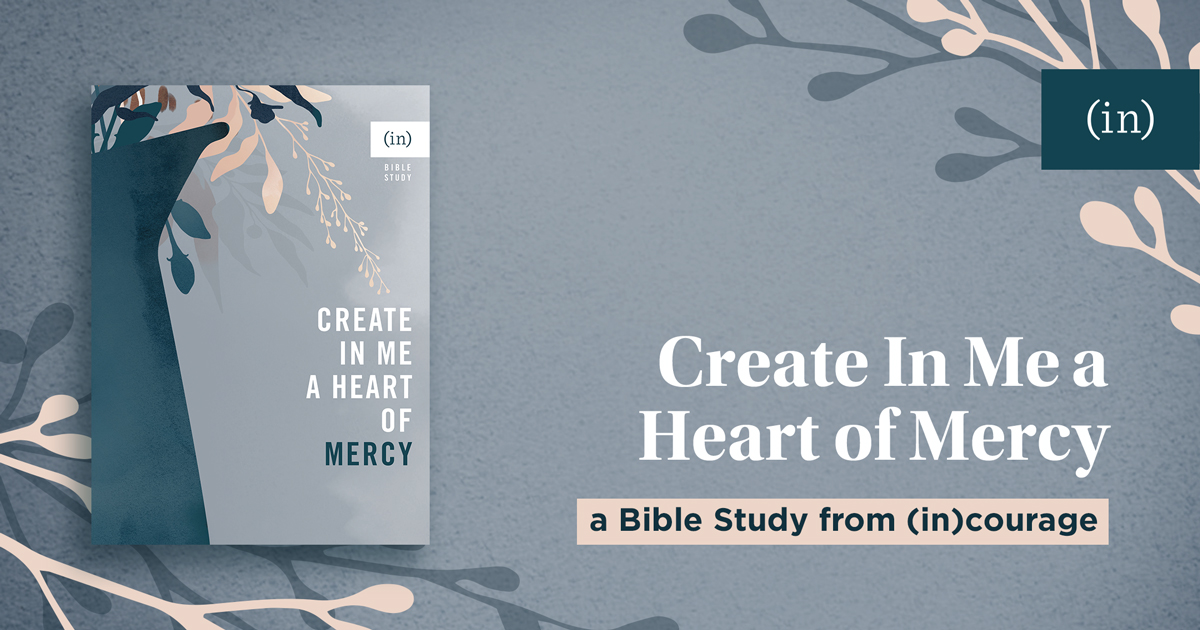I sat across from the optician who was showcasing the frames that the local food bank program could offer at no charge. This isn’t how it was supposed to be, I told myself.
I was carrying deep sorrow over facing this difficult season — alone as a newly single mother to an infant, with no family to lean on and without sufficient financial resources to secure my essential needs. I was dealing with the repercussions of another person’s decision that had blindsided me. My reality spun with broken dreams and a million questions.
I selected a frame and received a complimentary eye exam while trying to keep my 8-month-old daughter entertained. I could at least try to prevent my baby from getting restless – but containing my own restlessness was a challenge.
The optician must have noticed the deep sadness and anguish in my eyes while examining them. Just as she finished the exam and instructed me to return in an hour, she paused and looked into my eyes – almost as if she was looking into my soul. Then she gently placed her hand on my wrist and reassured me that everything would be okay, offering comfort to my weary soul.
As promised, my glasses were ready within an hour. I collected my new glasses, which brought visual clarity to things I had previously missed. Once we finished the appointment, the optician handed me some paperwork, accompanied by a card. She recommended that I check the card at home, and then quickly showed me the door.
Unable to resist my curiosity, I opened the card shortly after arriving at my bus stop. The card read, “Everything will be okay, Happy Holidays.” Inside was a grocery store gift card that would help me cover some essentials for my little girl and me.
God had seen me and provided for me.
In Genesis, Hagar is introduced as Sarai’s maidservant, whom Sarai gave to Abraham to conceive a child. This was Sarai’s desperate attempt to control and speed up God’s promise that she would have a child in her old age – and it was not happening quickly enough. Sarai’s plan “worked” and Hagar became pregnant with Ishmael. However, this decision ultimately led to conflict when the Lord fulfilled His promise to Sarai when she became pregnant with Isaac. After Isaac’s birth, Sarai had Abraham send Hagar and Ishmael away.
Alone in the wilderness, Hagar felt overwhelmed by despair and the fear of death for herself and her young son. She was caught in a situation she had no control over, bearing the weight of someone else’s decision. Yet, in her deepest distress, the Lord listened to her cries, came to her in her moment of need, and showed her a well of water that sustained them both.
“God heard the boy crying, and the angel of God called to Hagar from heaven and said to her, ‘What’s wrong, Hagar? Don’t be afraid, for God has heard the boy crying from the place where he is. Get up, help the boy up, and grasp his hand, for I will make him a great nation.’ Then God opened her eyes, and she saw a well. So she went and filled the waterskin and gave the boy a drink.”
Genesis 21:17-19 CSB
God powerfully showed His steadfast care and compassion for Hagar and Ishmael, not only by responding to their moment of despair and meeting their immediate needs, but also by promising a hope and a future for Ishmael.
Oh, friend, I really appreciate this reminder. I wonder if sometimes life’s challenges feel overwhelming because the weight of our current struggles makes us lose sight of the hope and promise Jesus has given us for the future. Just as my glasses helped me see clearly what I had missed, and just as God opened Hagar’s eyes to see the well, my prayer is that He will also open our eyes to recognize our salvation through His Son, Jesus.
In your times of desperation, tears, unmet expectations, and failures, He sees you too. He notices everything. The Psalmist expressed this beautifully in Psalm 56:8 NLT: “You keep track of all my sorrows. You have collected all my tears in your bottle. You have recorded each one in your book.”
Our unchanging and faithful God has always been there for you and always will be. Just as He provided for me as a single mother and saw my needs when I felt all alone, He also saw Hagar and cared for her in the middle of the suffering she didn’t cause herself.
Friend, Jesus also sees you, and even if your faith feels insufficient today, I stand in faith with you. Declaring that your salvation has come and that there is hope and a future ahead for you, too.
May He open the eyes of our hearts to see Him today.
Listen to daily devotions on the (in)courage podcast! Or click below.





